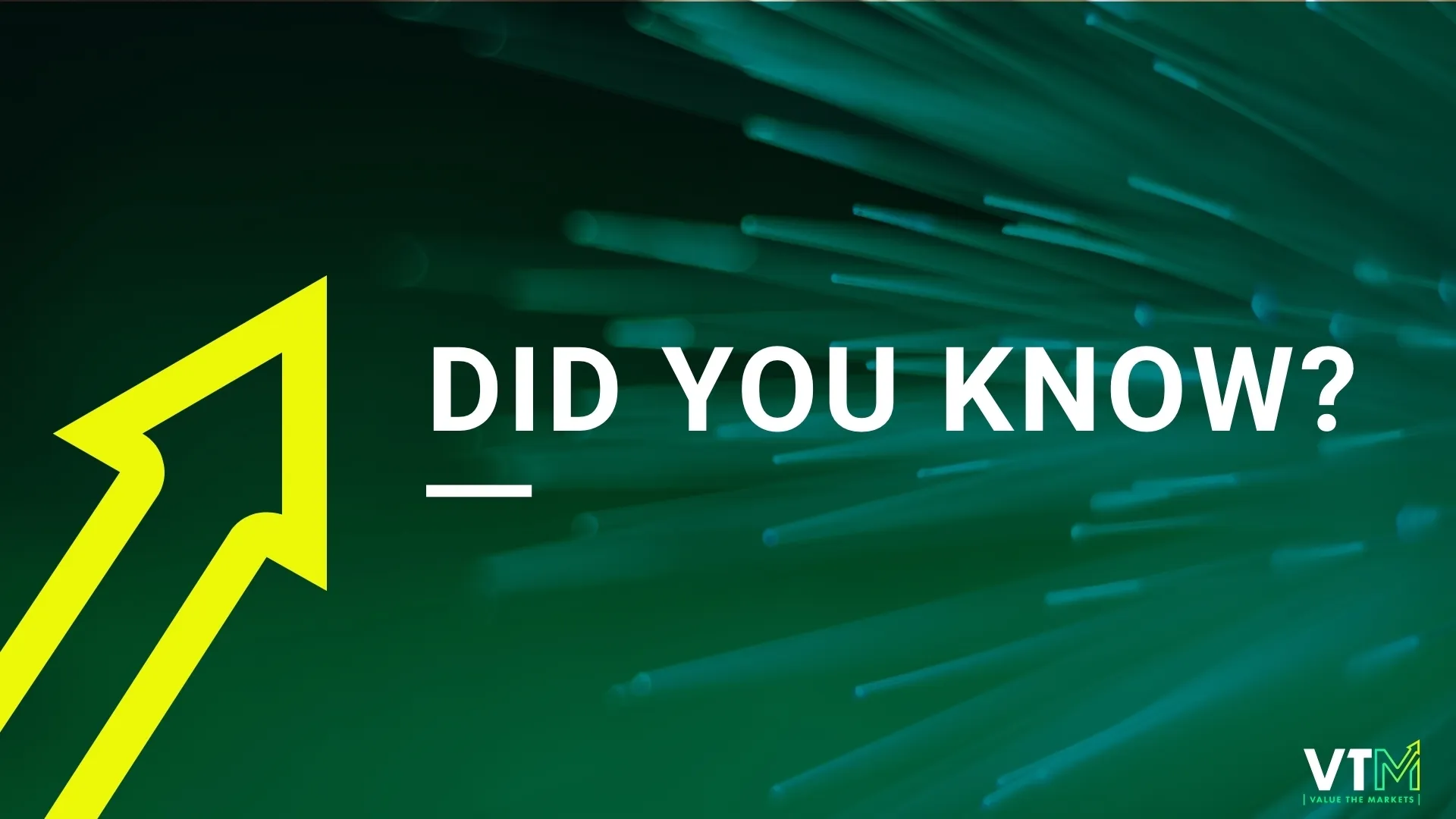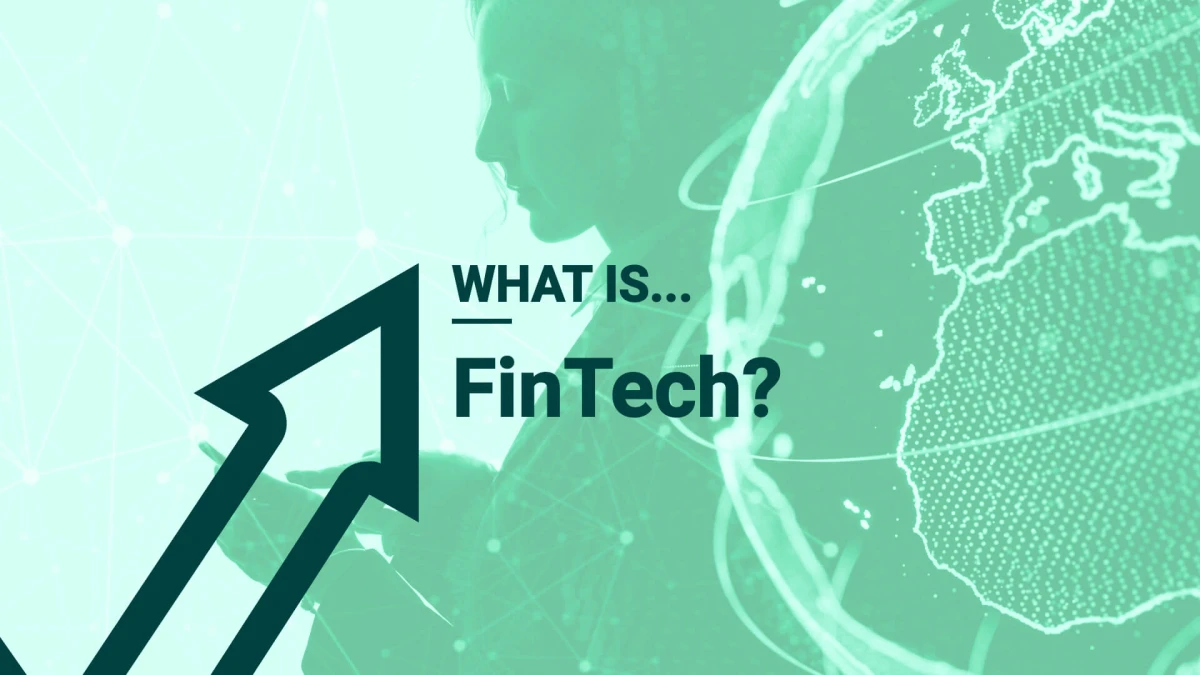Fintech is the term used to describe the collective of financial technology that seeks to improve and automate the delivery and use of financial services. When it was first introduced it was initially applied to technology that was employed at the back-end of systems, but today there has been a shift to services that are more consumer-oriented.
Fintech now includes a variety of different sectors including education, retail banking, fundraising, non-profit and investment management. It also includes the development and use of cryptocurrencies such as Bitcoin.
#How Fintech works
Fintech is the technological intervention into personal and commercial finance. It covers a range of financial activities from money transfers, depositing a check with your smartphone, raising money for a start-up or managing your investments without the assistance of a person.
Fintech has changed the way consumers manage their finances and further developments will continue to fuel this change. The rise of the internet and mobile devices has accelerated the growth of Fintech and many consumers use Fintech on a daily basis.
For example, many consumers use internet banking apps on their mobile phones to monitor their transactions or transfer money between accounts or pay someone directly into their bank account. They may also have digital wallets such as Apple Pay on their mobile phone to enable mobile payments.

Beyond personal finance, Fintech is also rapidly changing the insurance and investment industries.
Even car insurance companies now offer telematics-based insurance where your driving is monitored using data collected via a smartphone or a ‘black box’ fitted in your car. This is commonly used for new drivers and can help lower insurance policy payments.
Platforms such as Robinhood are transforming investments by giving everyone access to financial markets through their smartphones and without trading fees. Robinhood aims to make investing in financial markets more affordable and more intuitive, no matter whether you are an experienced investor or a novice.
#Types of Fintech
The ways in which Fintech is used today include:
Crowdfunding platforms
such as GoFundMe, Kickstarter and Patreon provide a route to raise funds that is an alternative to traditional banking or loans. They connect start-ups with investors directly or allow fans to fund a content creator so they can keep on making content.
Blockchain and cryptocurrency
cryptocurrency exchanges such as Coinbase or Gemini connect users to buying or selling cryptocurrencies such as Bitcoin or Litecoin. Blockchain services like BlockVerify help reduce fraud by keeping provenance data on the blockchain.
Mobile payments
possibly one of the biggest uses of Fintech that the average consumer will likely use is mobile payments either through a digital wallet or payment apps such as Venmo.
Stock trading apps
inexpensive and low-minimum apps such as Robinhood and Acorns are revolutionizing the way people invest. Rather than having to trade directly on exchanges, users can now buy and sell stocks at the tap of their fingers on their smartphones.
#Advantages of Fintech
There are many advantages of Fintech including:
Speed and convenience
Fintech products tend to be delivered online via a computer or smartphone, with many including 24/7 access which makes them quick and convenient for consumers.
Better deals
Many Fintech companies provide cheaper deals to consumers, which makes them more favourable when compared to traditional products such as loans.
More personalisation
The amount of data Fintech companies can collect on consumer behaviors can give them a competitive advantage as they may be able to offer more personalised products or services.
#Disadvantages of Fintech
The disadvantages of Fintech include:
Not always inclusive
While technology increases choice and access for most consumers it can also exclude consumers. Particularly those who either don’t have access to the internet, a computer or mobile device or those who don’t know how to use them.
Could lead to rash decisions
Being able to take out a financial product entirely online with no face-to-face contact could lead to rash decisions being made as it is easier for consumers to make uninformed purchases.
Unclear on regulations
Not all Fintech companies are regulated whereas traditional providers such as banks are. Being unclear on which ones are regulated and which ones aren’t, could affect your rights if something goes wrong.
Article updated September 6, 2022.
